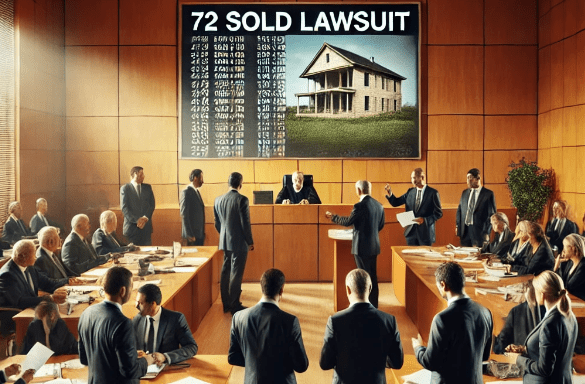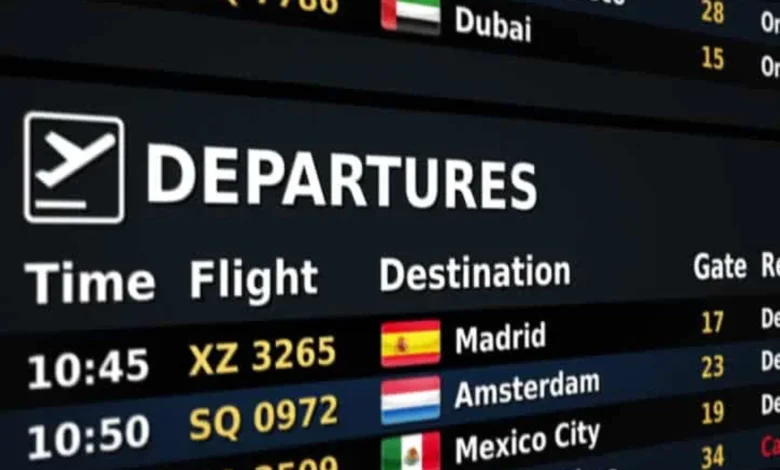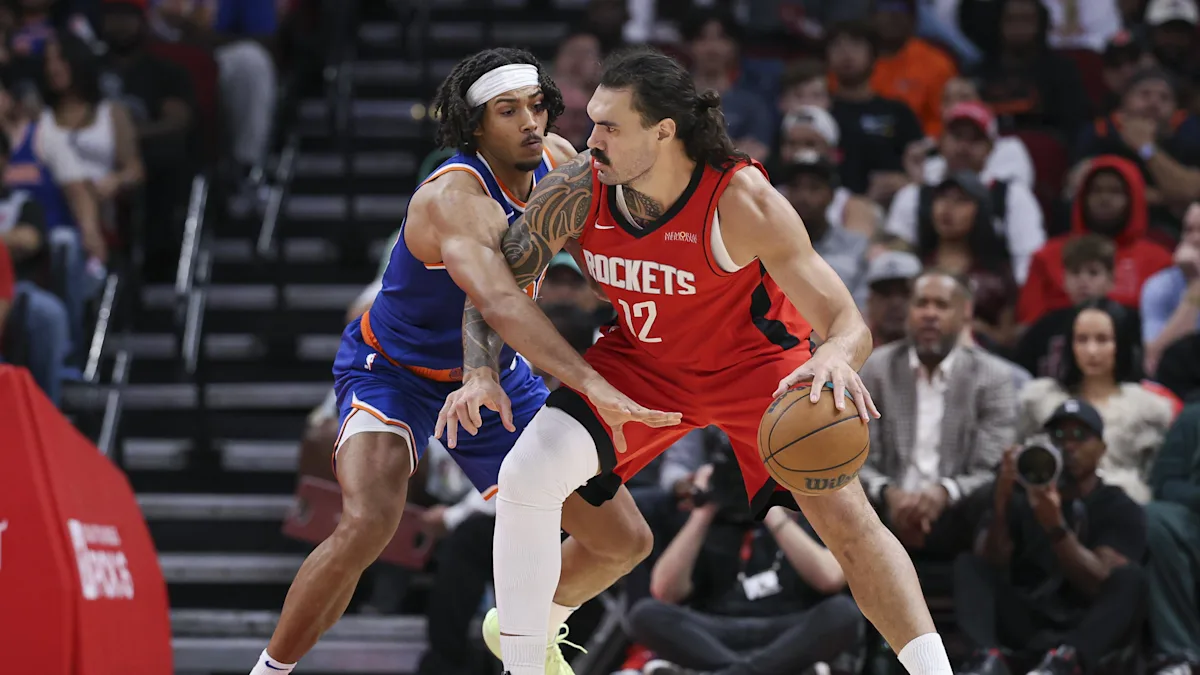72 Sold Lawsuit, a real estate company known for its innovative home-selling program, has recently been embroiled in a legal dispute that has garnered significant attention. This article provides an overview of the lawsuit and answers frequently asked questions to help readers understand the situation.
Background of 72 Sold
72 Sold Lawsuit is a real estate company that offers homeowners a streamlined approach to selling their properties. Promising faster sales and competitive prices, the company’s model has gained popularity for its simplicity and efficiency. However, with its rise in prominence, legal challenges have surfaced, raising questions about its business practices.
Details of the Lawsuit
The lawsuit against 72 Sold Lawsuit alleges deceptive advertising practices and potential violations of consumer protection laws. Specifically, the claims center around:
- Misleading Marketing: Allegations that the company exaggerated the speed and profitability of its sales model without providing adequate evidence.
- Unfair Business Practices: Accusations that 72 Sold’s approach may disadvantage consumers or other real estate agents.
- Breach of Contract: Claims from clients or partners that contractual agreements were not honored.
While the exact details vary, the central theme of the lawsuit is whether 72 Sold’s practices align with legal standards and ethical guidelines in the real estate industry.
Company Response
72 Sold has publicly denied any wrongdoing, emphasizing its commitment to transparency and customer satisfaction. The company asserts that its marketing materials are accurate and that its business model complies with all applicable laws. Additionally, 72 Sold has vowed to vigorously defend itself against the allegations.
Impact on Customers and the Real Estate Market
The lawsuit has led some potential clients to question the credibility of 72 Sold’s claims. However, many existing customers continue to praise the company’s efficiency and results. The broader real estate industry is closely monitoring the case, as its outcome could influence advertising standards and operational practices across the sector.
FAQs
Q: What is 72 Sold’s business model?
A: 72 Sold offers a unique home-selling program designed to sell properties quickly, often within 72 hours. The process involves a combination of strategic marketing, pre-scheduled showings, and competitive bidding to attract buyers.
Q: What are the main allegations in the lawsuit?
A: The lawsuit alleges deceptive advertising, unfair business practices, and breaches of contract. It questions whether 72 Sold Lawsuit claims about speed and profitability are substantiated.
Q: How has 72 Sold responded to the lawsuit?
A: 72 Sold has denied the allegations and stated that its practices are both legal and ethical. The company has pledged to fight the lawsuit in court.
Q: Will the lawsuit affect current customers?
A: Current customers are unlikely to experience disruptions. However, prospective clients may want to conduct additional research and seek legal advice if they have concerns.
Q: What does this mean for the real estate industry?
A: The case could set a precedent for advertising and operational standards in real estate. Other companies may reevaluate their practices to avoid similar legal challenges.
Q: Is 72 Sold still operational?
A: Yes, 72 Sold continues to operate and provide services to clients while addressing the legal issues.
Conclusion
The 72 Sold lawsuit highlights the importance of transparency and accountability in the real estate industry. While the legal process unfolds, potential clients and industry stakeholders should stay informed and exercise due diligence. The outcome of this case could have significant implications for consumer protection and business practices in real estate.











